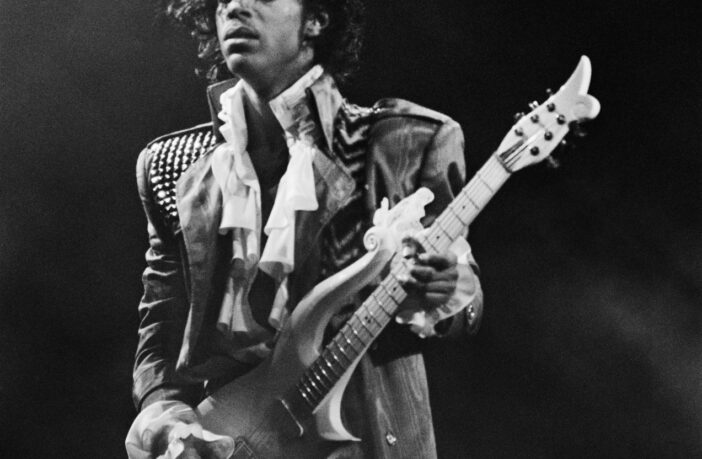Recently, Apple Music launched a countdown of its 100 Best Albums of all time, gradually revealing the full list over a week’s time and culminating with The Miseducation of Lauryn Hill. First impressions of the list across social media gave Apple Music points for being less drenched in Rockism than other lists from back in the day and celebrated the heavy inclusion of Black artists. Out of the whole tally, 40 albums (almost half the list) were created by artists of color—from Aretha Franklin, Miles Davis and Nina Simone to SZA, Solange and Kendrick Lamar. But could distilling Apple’s selection down to their African-American choices make for a credible 40 Best Black Albums of all time?
Debates about Apple Music’s choices simmered to a boil as (nearly) everyone came to the inevitable conclusion that such lists are subjective. The biggest disputes swirled around major artists with incredible creative runs getting reduced to one or two albums only. Starting in 1972, Stevie Wonder recorded consecutive masterpieces from Music of My Mind to Songs in the Key of Life—Apple only picked the latter and 1973’s Innervisions. Prince’s genius period arguably begins with 1980’s Dirty Mind and extends to his double-album opus, ’87’s Sign o’ the Times—Apple chose only the latter and Purple Rain.
At least Prince and Stevie Wonder received two picks each (as did Beyoncé: Lemonade and her self-titled album). Michael Jackson, the definition of Black excellence in popular music, appears at number two with Thriller and doesn’t materialize again. No Off the Wall, no Bad, no nothing aside from the biggest selling album in history. Personal favorites missing from Apple’s 100 include Tricky’s Maxinquaye, Janelle Monáe’s Dirty Computer and Sly & the Family Stone’s There’s a Riot Goin’ On—all artists who weren’t represented at all.
The problem is right there in the premise. Attempting to boil so many decades of Jazz, Blues, R&B, Pop, Rock, Soul, Reggae, Sisco and Hip-Hop down to 100 top picks is pretty impossible. Rolling Stone published a 2022 hardcover entitled The 500 Greatest Albums of All Time and even with five times as much room as Apple Music, readers debated their selections. The following year, mass media roundly criticized Rolling Stone founder Jann Wenner for racist and sexist comments about music that went a long way towards explaining the perennial aesthetic of his magazine. But at least running a list of 500 albums allowed them room for Rakim, Peter Tosh, Erykah Badu, Ray Charles, Funkadelic, Herbie Hancock and dozens of deserving others.
Prince once told me that he didn’t respect a certain magazine’s reputation like he used to because the staff who once established their rep was long gone. That raises an excellent point: as media changes hands, younger gatekeepers will be the people creating new “definitive” opinions on subjective things like the best music ever. Which is how Lauryn Hill tops a list like this instead of Prince or Marvin Gaye or Billie Holiday.
So don’t bother arguing. It’s all subjective, and always has been.



